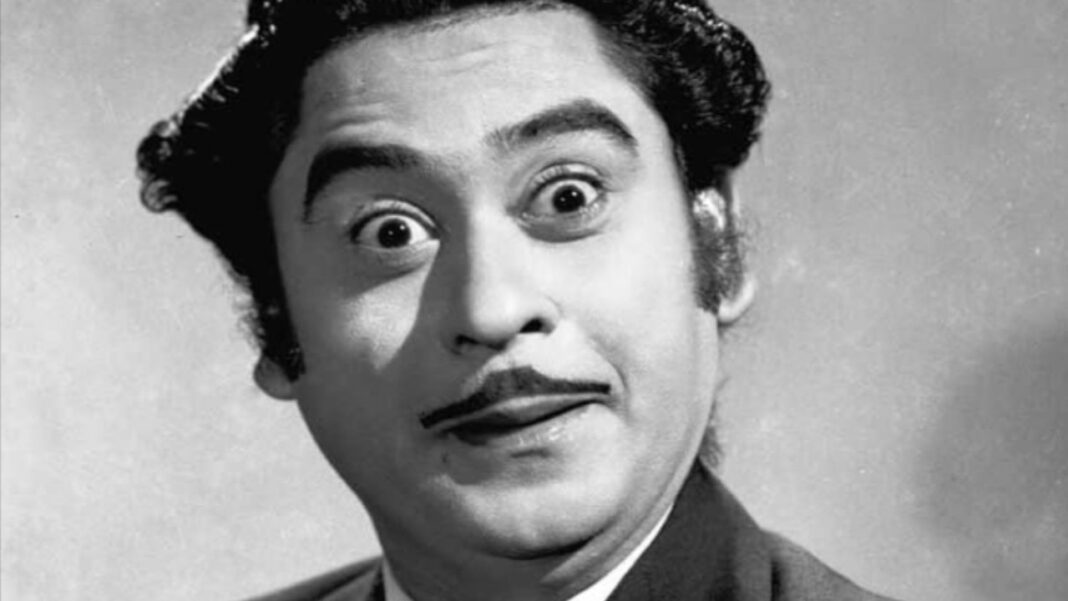India commemorates the birth anniversary of the legendary singer Kishore Kumar on August 4, 2024. A name synonymous with melody, exuberance, and versatility, Kumar was much more than just a singer. His distinctive vocal tone, combined with an unparalleled ability to convey emotions in every note, established him as an irreplaceable treasure in the Indian music industry. From soulful ballads to lively dance tracks, his body of work was as extensive as his talent. On his 95th birth anniversary, we look back at the time when a music composer referred to him as a non-singer.
According to veteran journalist Raju Bharatan’s 2010 book A Journey Down Melody Lane, when a director cast Kishore Kumar as the lead actor in a film, Kumar assumed he would also be chosen as the lead vocalist for his character. However, the film’s music composer, the legendary Salil Chowdhury, had plans to sign singer Hemant Kumar instead.
Upon learning this, Kishore Kumar visited Chowdhury at Mohan Studios in Andheri to ask for an opportunity. Chowdhury, however, responded by saying that he had never heard any of his songs, adding, “Not one song of yours did I hear in Calcutta.” When Kishore began singing to showcase his talent, Chowdhury interrupted him and said “you don’t know the ABC of music.”
Undeterred, Kumar continued by singing his two favorite songs from that time, Marne Kee Duaaen Kyun Maangoon from the 1948 film Ziddi and Jagmag Jagmag Kartaa Niklaa from the 1949 film Rimjhim. Despite this, Salil Chowdhury was still unimpressed and described Kishore’s singing as “laboured.”
Eventually, with many others putting in a good word for Kishore Kumar and persuading the composer, Chowdhury reluctantly agreed to let him sing, although he still maintained that “this Kishore lad is no singer.”
17 years later, however, Salil Chowdhury changed his opinion on Kishore Kumar’s singing ability after the legendary singer immortalized the song Koee Hotaa Jis Ko Apnaa from Gulzar’s 1971 hit Mere Apne. Chowdhury then acknowledged, “I salute Dada Burman (S.D. Burman) for spotting the spark in the boy.”







